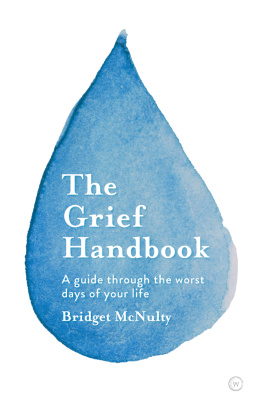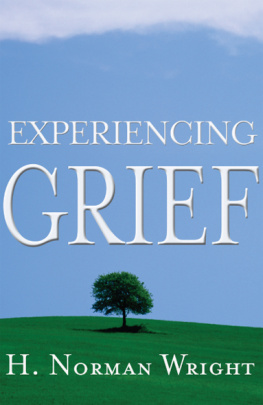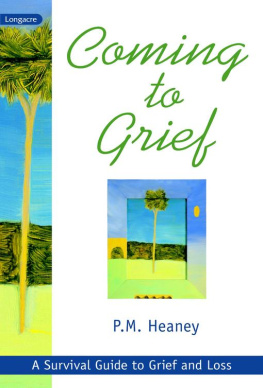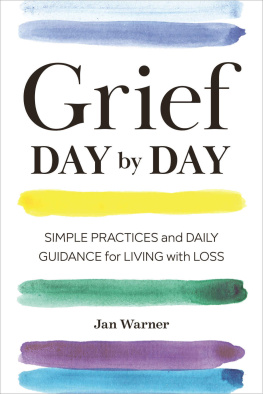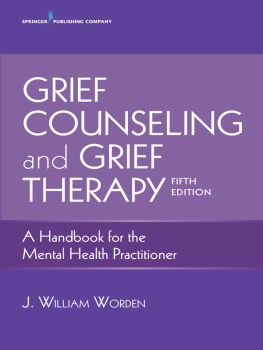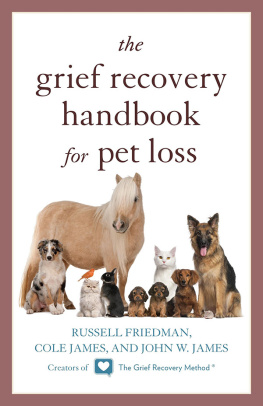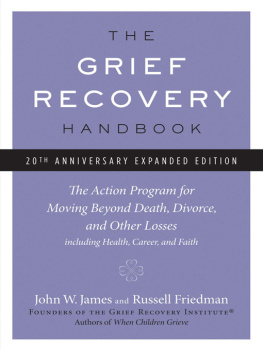

Bridget McNulty is a writer, content strategist and co-founder of Sweet Life, South Africas largest online diabetes community.
She lives in Cape Town, South Africa, with her husband, son and daughter, and loves nothing more than a cup of tea and a good book preferably somewhere green and leafy.
Find out more at www.bridgetmcnulty.com
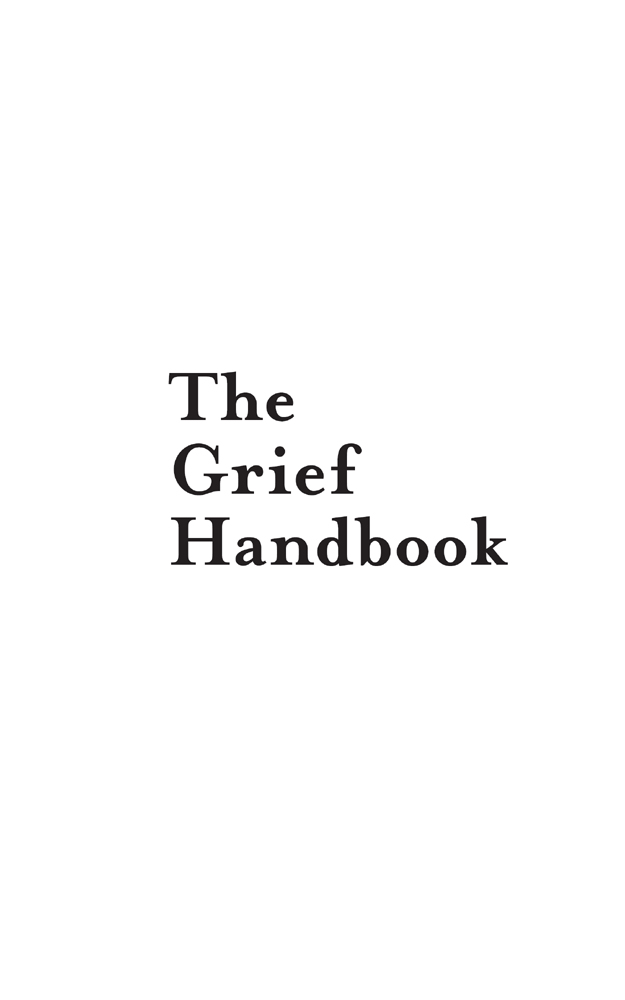
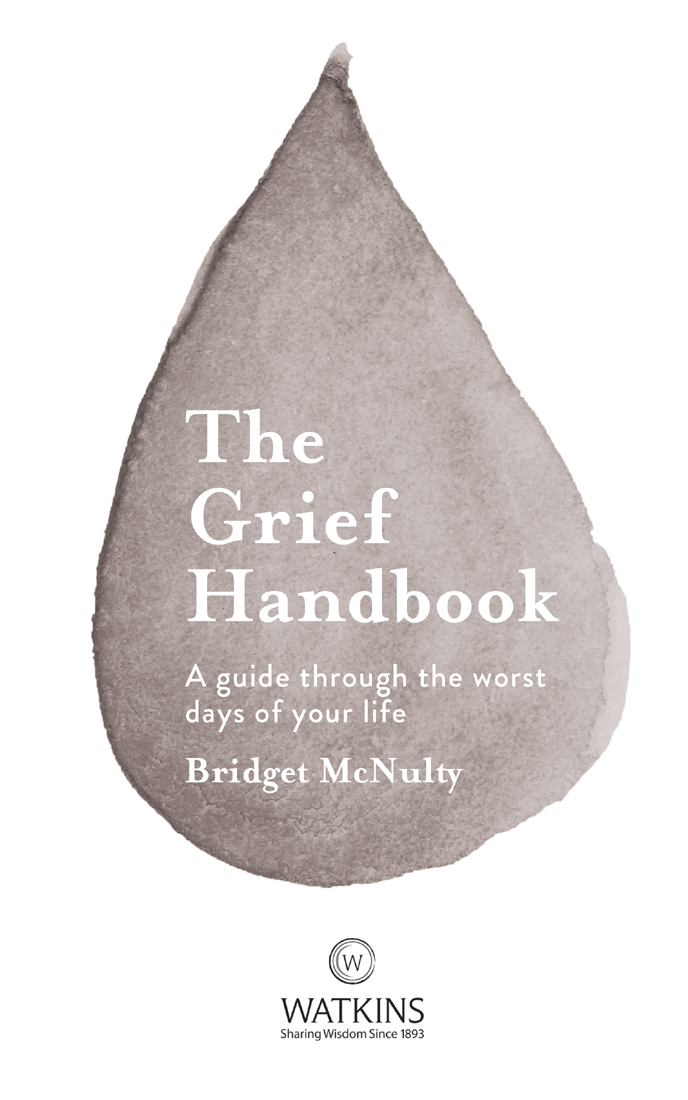
This edition first published in the UK and USA in 2021 by Watkins, an imprint of Watkins Media Limited
Unit 11, Shepperton House
89-93 Shepperton Road
London
N1 3DF
Design and typography copyright Watkins Media Limited 2021
Text copyright Bridget McNulty 2021
Illustrations by Lauren Fowler
The author has asserted her right under the Copyright, Designs and Patents Act 1988 to be identified as the author of this work.
All rights reserved.
No part of this book may be reproduced or utilized in any form or by any means, electronic or mechanical, without prior permission in writing from the Publishers.
10 9 8 7 6 5 4 3 2 1
Designed and typeset by JCS Publishing Service Ltd
Printed and bound in the United Kingdom by TJ Books Ltd.
A CIP record for this book is available from the British Library
ISBN: 978-1-78678-534-3 (Paperback)
ISBN: 978-1-78678-535-0 (eBook)
www.watkinspublishing.com
Contents
Hello
Welcome. Im so sorry youre here. If theres one thing we can all be certain of in life, its that we will, one day, have to lose someone we love: its the price we pay for that love. But that doesnt make it any easier. Before you read any further, I want you to know that this is a safe space to feel whatever it is that you are feeling. You can be angry or sad or anxious or bereft or lost or disbelieving or any other emotion you find coming your way. Its all okay. Its all normal. It all sucks.

Grief is such a strange thing. It is the most universal experience the one thing that unites us all, regardless of where we live or who we are, no matter our culture or colour or beliefs. And yet, at the same time, it is the most unique and personal experience, because no two people grieve in the same way. Grief affects every part of us: the way we feel, the way we think, our physical and mental health, the way we breathe and carry ourselves in the world.
Yet humans are not good at grief. How is that possible? We dont know what to say, how to act or what to do when someone dies. As a result, it can feel as if its up to the grieving person to get over it as quickly as possible, to spare the social discomfort. Please dont. Take as much time and be as visibly upset as you need to be other people will adjust. There is, in fact, definitive proof that grief is one of the worst things that can happen to you: the Holmes and Rahe Stress Scale lists the top ten most stressful life events, and death of a spouse or child and death of a close family member are in the top five. This is literally one of the hardest things you will ever have to face.
Add in Covid-19 and things become even more difficult. On top of grief being a personal, physical, mental assault, many people are having to deal with not being able to say goodbye to the person they love, or not being able to honour them with a funeral, or mourning multiple losses at the same time. It feels like the whole world is grieving, but we dont know what to do.
I am not a grief expert. However, I have a few suggestions: things that helped me when I was feeling desperate. Silly things like colouring in that reminded me I could still make something beautiful in the midst of my sadness. Inspiring things like poems or wise words from those who have walked before us on this bleak path. Activities to hopefully unlock some of the sadness and let it out into the world. Throughout this book, Ive highlighted grief experts who have cast some light on my journey, in the hope that they might cast some on yours.
What I do know for sure is that the only way out is through: it is a choice to face your grief head-on, in a conscious way, or to deny it and stay stuck. Its obvious which path I think is the more helpful choice I hope this book will help you to take the first few steps.

My grief journey hit me sideways, out of nowhere. My mum my best friend was a healthy 72-year-old until she started complaining of weird symptoms: sore feet and acid reflux, mainly. She changed her diet, went to the podiatrist, but the weird symptoms kept coming. When she suddenly lost weight and started sleeping more, we sent her to a specialist physician. She was diagnosed with cancer and died 13 days later.
My dad, my three elder brothers and I all grieved differently. Thats one thing you learn very quickly: there is no right or wrong way to grieve, and everyone has their own style. Whatever you are doing is totally fine, and totally normal, and absolutely right for you right now (even if other people dont understand it). One of my brothers busied himself with work, one sat by my mums bedside every day, one was forced to focus on his children. I became hyper-organized, as if keeping the wheels turning in the house would somehow reverse the awful events that were happening around us.
And they were so awful the kind of awful that I would have found far-fetched in a movie. The day we brought my mum home from the hospital, earth movers and a wrecking ball rolled up the driveway of the neighbouring house and began to demolish it. We watched a house that had stood next to our childhood home for 30 years being smashed to pieces as they ripped up mature trees from the earth and left a desolate wasteland in their wake. A bit heavy-handed on the symbolism, dont you think?
At the same time, one of my nieces ended up in hospital for six days, unable to stop vomiting. All the kids (five, in total) caught a vicious stomach bug. My mums dog committed suicide by jumping in the pool and drowning (even though she could swim). Then a week after we brought my mum home, she died just like that.

In the quiet that followed this storm, I tried to find solace. Im a reader, so I looked for books that could shine a light through the fog of grief I found myself in. But everything I read was either too dense and philosophical or presumed I wanted a religious interpretation of death and grief, which I didnt.
What I wanted was an honest exploration of how to deal with the worst thing. I wanted short, succinct explanations of what grief is and how to survive it, some space to be really angry and really sad and channel that in some way, and some words of inspiration to get me through the darkest days. I wanted a handbook: literally a hand to lead me through my grief. I couldnt find it, so I wrote it. I really hope it helps in some small way.
I know it can be tempting to distract yourself out of grief. I know that letting all the pain and heartache and fury out can feel scary. Yet I also know that grief denied does not disappear: it merely cloaks itself in a disguise for another day. If you are able to, I really encourage you to let it all out now when its fresh and raw, and appropriate. Take advantage of this moment and this book. Nobody will ever see what you write down.
Next page
